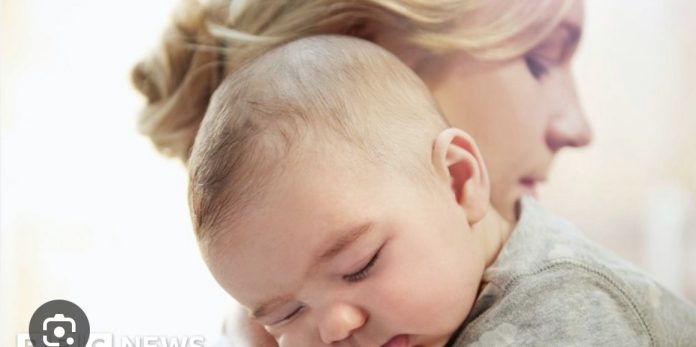The are warning that Half of cases of anxiety and depression among new and expectant mothers in the UK are going undiagnosed
The report released today by the Toyal College of Midwives ‘Strengthening perinatal mental health’ makes for sobering reading.
One in five women will experience mental health issues during pregnancy and up to a year after birth, ranging from anxiety and depression to more significant illness.
Furthermore, suicide remains one of the leading causes of death in new mothers up to the first year after giving birth. Despite this, it’s all too clear that mental health needs remain secondary to physical health needs of women during pregnancy in our NHS.
The RCM’s Executive Director, Midwife, Birte Harlev-Lam OBE, said:
“Quite simply midwives need time to care and there needs to be more midwives to share the workload. We are not asking for the moon; we estimate that fewer than 350 additional specialist perinatal mental health midwives could bring about the results that we all want to see – and that women deserve.
Mental ill-health ranks with physical factors as one of the leading causes of maternal deaths in the UK, and yet this is not reflected in the resources allocated to it, whether in terms of staffing or other support. We urge the Government to support the provisions around perinatal mental health and counselling recommended in the recent independent pregnancy loss review.”
The roadmap highlights how very few of the women who died as a result of poor perinatal mental health actually received a formal mental health diagnosis despite reported symptoms.
The RCM also demonstrates the irrefutable economic and social case for more mental health resources. When mental ill-health remains undiagnosed and untreated, not only is there an emotional impact on women and families but also a financial burden to the state – roughly an additional £8.1 billion each year. Investing in perinatal mental health and the training of more midwives now would be a fraction of that cost.
The RCM believes that midwives are only part of the solution, though. There needs to be a fundamental shift in how mental ill-health is viewed. Women and their families need the right support from midwives underpinned by the right training. In short, there needs to be a comprehensive review of midwifery training through a perinatal mental health lens.
Furthermore, all maternity services should have at least one midwife who specialises in perinatal mental health and NHS leaders need to commission a midwifery workforce framework looking at the future planning of women’s perinatal mental health needsAnd







